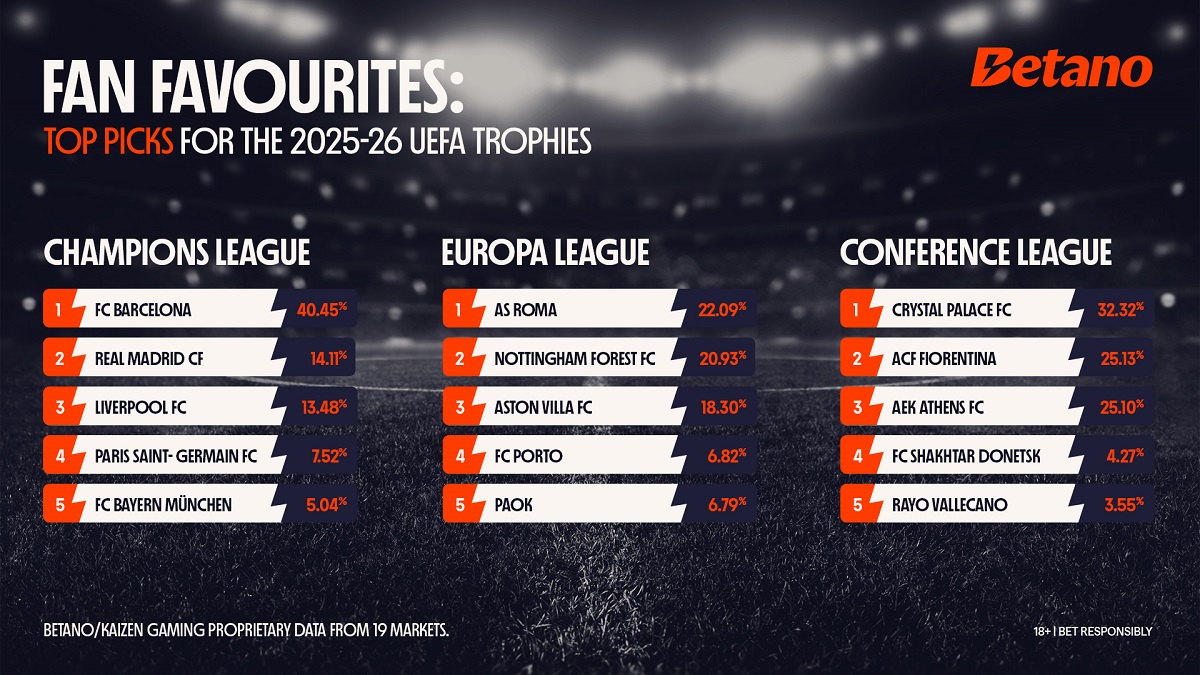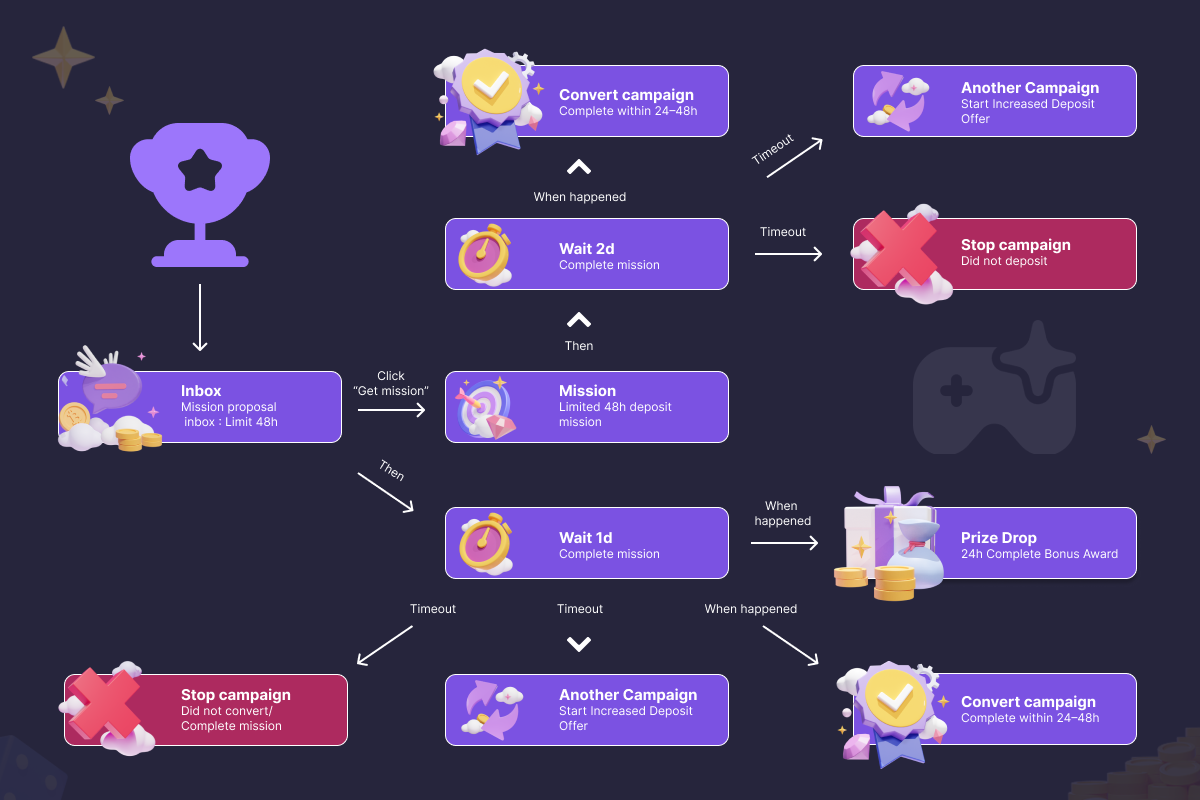Latest News
Online lottery adding more tax revenue than ever to states that allow it

While many US states were disappointed to see their lottery-funded support decrease substantially during lockdown, those that had already legislated to allow the sale of online lottery tickets saw a small windfall, with Spinola Gaming CEO Ade Repcenko urging state legislators in the former category to fast-track the legislative process and let their lottery sector contribute fully to the economic recovery.
States with a legal framework to offer online lottery tickets saw an increase in their lottery-funded support during lockdown, while those that didn’t suffered a “gut punch”.
While the market may begin to normalise as states reopen, a growing number of governors are pausing the process, or reinstating previously lifted restrictions, sounding a warning out to retail operators and the state systems they support. Medical experts warn that as lockdowns ease and flu season returns these numbers could increase further, making renewed lockdowns and stay-at-home orders in parts of the US a possibility over the coming months. The lockdowns and retail establishment closures of the past few months have brought the limitations and flaws of the lottery retail system in some states to light, and with it, the realization of the need to assess current practices and identify new digital approaches that work long-term, and under any circumstance.
As Covid-19 continues to decimate the US economy, and society gets adjusted to a new-normal, the long-term effects on people and businesses are becoming more evident. The pandemic has been somewhat of a rollercoaster for state lotteries, and as states continue to release revenue data, mixed results can be seen over the past few months. Retail-only state lotteries saw a huge drop in revenue, with states such as Delaware reporting a $40 million loss in lottery ticket sales due to casino closures. Massachusetts saw a 53 percent drop in sales over 3 months, resulting in a 5 percent drop in total sales for the fiscal year. Virginia reported a $45 million drop in sales. Maryland reported a sales decline by as much as 30 percent and also had to postpone the launch of new scratch-off games. In Oregon, the lottery revenue drop resulted in a $22 million budget shortfall which forced them to lay off 47 employees and close over a dozen state parks.
Many states are reliant on lottery revenue in order to fill in budget gaps, while other states use the funds to run special education, environment and veteran aid programs.
“We got used to the lottery as a constant companion supporting the system. It was a gut punch to realize we don’t have the time to react.” Chris Havel, spokesman for the Oregon parks and rec department, told the Associated Press.
While lotteries limited by retail-only sales suffered, the online lottery route was one embraced by the states with the legal framework in place to do so. The Georgia Lottery CEO Gretchen Corbin remarked that sales dropped in March as lottery retailers were forced to close and customers were under pandemic lockdown. But their sales rebounded in the final quarter of the fiscal year, which the CEO attributes to their efforts to promote their online lottery offering, bringing revenues up to a record $1.24b profit over the past 12 months. The Pennsylvania Lottery saw sales drop 25 percent in March after about one-third of their lottery retailers were required to close with sales down $60 million when compared to the same period last year. They did however experience a surge in online sales with “players turning to the Lottery’s online games” during the lockdown, as confirmed by their spokesperson Ewa Dworakowski. Their executive director Drew Svitko also confirmed that “lottery is breaking records and has more players than ever before” with their average daily online lottery sales reaching $3 million during the pandemic, boosting their FY20 online lottery sales by about 24 percent ahead of estimate. The New Hampshire Lottery Commission saw online sales of e-instants increase by 92 percent, and draw-based purchases go up 39 percent between March 21 and April 25. “For a non-jackpot run month, and limited advertising, we had some impressive KPIs” said Kelley-Jaye Cleland, director of sales and product development.
Liz Siver, general manager at NeoPollard Interactive, which partners with many US lotteries that sell products online noted that “Across our network, key performance indicators have hit record-breaking levels as lottery players sought online options during this unprecedented time.”
In an interview with Betting USA, Jackpocket, a company which provides similar online lottery services, reported a marked increase in sales with saturation levels reaching record highs, “Jackpocket is actually seeing a significant increase in sales week over week. We’ve already witnessed a 14% increase in this Tuesday’s Mega Millions sales and anticipate this to continue.” said CEO Peter Sullivan.
“The figures from states with ilotteries active during the pandemic is strong evidence that digital is the way forward,” said Ade Repcenko, CEO of digital lottery software provider Spinola Gaming. “Digital transformation and ilottery are set to play a huge part in the US lottery sector over the coming years. It is important to learn from these past few months and prepare lottery businesses for long-term digital success.”
NeoPollard’s Liz Siver shared these thoughts, adding: “The impact of the Covid-19 pandemic resulted in a renewed focus on digital transformation strategies, particularly ilottery. There was no way to predict the current position that lotteries are in today, but this experience solidified the need to advance discussions around ilottery. Covid-19 has guaranteed that every strategic dialogue with a lottery today includes ilottery.”
With digital lottery solutions ready and available from suppliers like Spinola Gaming, the only barrier currently facing the digitization of the lottery industry is a regulative and legislative one, as most states do not have the legal framework in place to allow lotteries to move online. Last year, online lottery legislation was introduced in Connecticut, Hawaii, New Jersey, and Massachusetts – however none of the bills were able to get passed. Repcenko believes that the legislative process should be fast-tracked in order to safeguard lottery operators should society be faced with renewed nationwide lockdowns and restrictions and with it the possibility of state retail lottery ticket sales dropping yet again. “Unless these regulatory changes happen fast, the US market will lag behind the rest of the world, as LATAM, Africa, Asia and Australia all already possess the legal ability to sell online.”
Some states have indeed felt the pressing need to move online and turned to those with active ilottery, such as New Hampshire, for guidance, said Cleland. “We have spoken with some other states regarding how [we] approached our ilottery program. Given that Covid-19 could come back this fall, I imagine many states are determining how they can help their programs become quasi-pandemic proof to ensure they maintain revenues for good causes.”
With time of the essence for operators looking to move online to quickly recover from the impact of Covid-19, holistic lottery solutions like the ones offered by Spinola Gaming provide land-based operators with all the tools needed to make a timely switch to digital, while still maintaining their traditional retail operations through one seamless interface. The software allows operators to monitor all lottery ticket sales and track all online and offline purchases in real-time, complete with a myriad of marketing functions and analytics. While lockdowns across the US have hurt the lottery sector, state’s such as Georgia and Pennsylvania have proven that – with the right digital solution – operators can return to better than normal levels of sales, and bring a much needed boost to the social initiatives they support.
-

 Asia6 days ago
Asia6 days agoTesla to showcase Model Y with NODWIN Gaming at the thrilling BGMS Season 4 Grand Finals
-

 Compliance Updates6 days ago
Compliance Updates6 days agoSOFTSWISS Compliance Expert Shares Knowledge on AML in iGaming for Sumsub Academy
-

 Africa6 days ago
Africa6 days agoRacing1 is exhibiting for the first time at the Grand Prix D’Afrique
-

 Latest News6 days ago
Latest News6 days agoÅland-Based Gaming Company Paf Becomes Main Partner of the Finnish Ski Association – One of the Most Significant Sponsorship Agreements in the Association’s History
-

 Latest News6 days ago
Latest News6 days agoKaizen Gaming data – FC Barcelona the fan favourite to win the Champions League
-

 Latest News6 days ago
Latest News6 days agoAnimo Studios debuts virtual hosts for live table games starting with Stake
-

 Latest News6 days ago
Latest News6 days agoWeek 37/2025 slot games releases
-

 Latest News6 days ago
Latest News6 days agoBehind the surge in XRP, DL Mining brings new opportunities to get 0.1BTC or 2ETH with your XRP


























